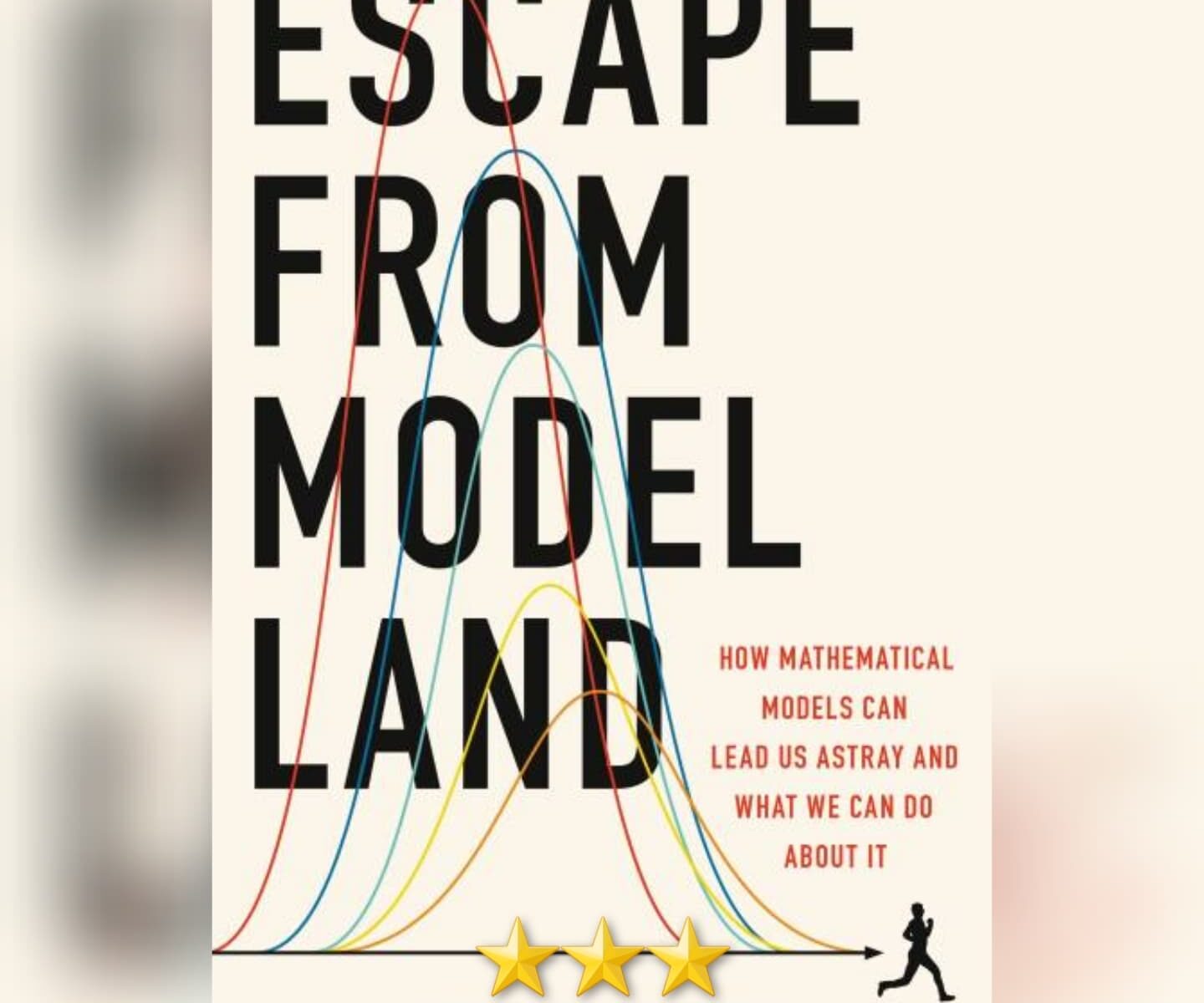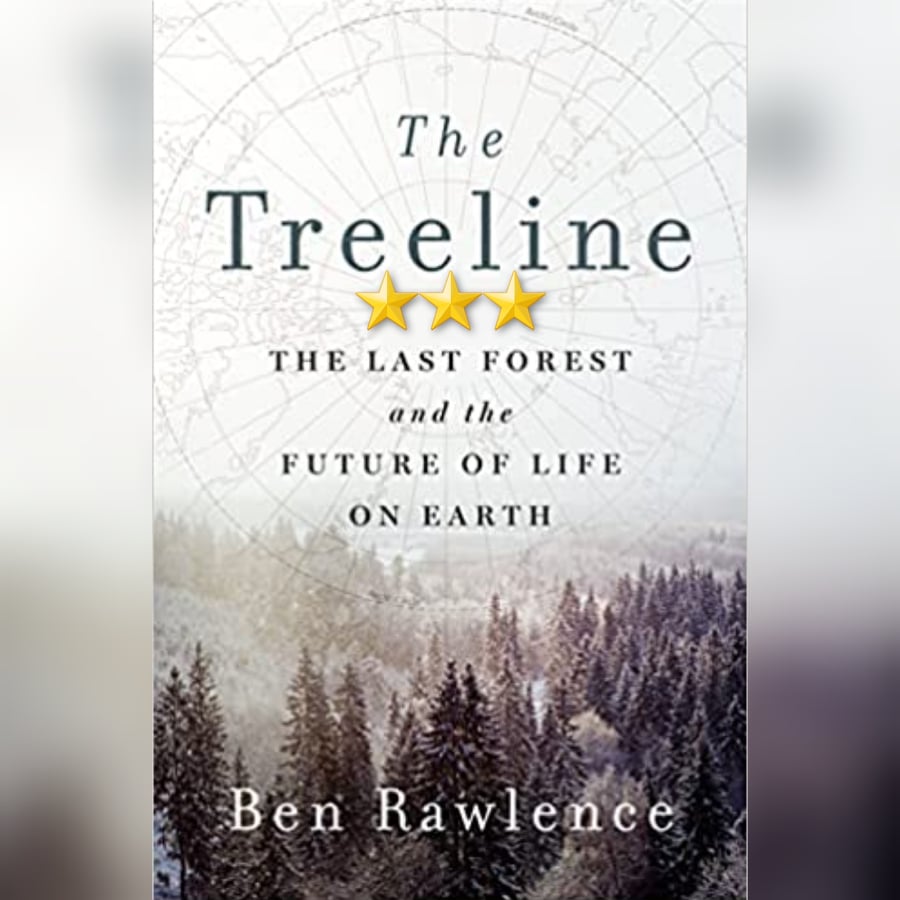 Like Riding A Bike. It had been quite a while – and a few *thousand* books – since I read the prior book in this series. In the intervening years, I’ve started a few different bookish projects, begun reviewing every book I read, and even met Mr. Rollins himself a few years ago, just before the insanities took over the world. And yet coming back into the world of Sigma Force, to pick up here with Book 12 as I gear up to read an Advance Reviewer Copy of the upcoming Book 17, Tides of Fire, was truly like riding a bike. Even across all the years and all the books, Rollins told enough of the backstory here for me to be able to remember what was going on in this world – without rehashing every minor detail. For example, he would mention Monk’s prosthetic hand… without going into the details of that mission (book) and how he lost it. So this made it quite easy indeed to get into the groove of this particular book… and boy, what a book.
Like Riding A Bike. It had been quite a while – and a few *thousand* books – since I read the prior book in this series. In the intervening years, I’ve started a few different bookish projects, begun reviewing every book I read, and even met Mr. Rollins himself a few years ago, just before the insanities took over the world. And yet coming back into the world of Sigma Force, to pick up here with Book 12 as I gear up to read an Advance Reviewer Copy of the upcoming Book 17, Tides of Fire, was truly like riding a bike. Even across all the years and all the books, Rollins told enough of the backstory here for me to be able to remember what was going on in this world – without rehashing every minor detail. For example, he would mention Monk’s prosthetic hand… without going into the details of that mission (book) and how he lost it. So this made it quite easy indeed to get into the groove of this particular book… and boy, what a book.
There have been several various scifi tales over the years seeking to explain some or all of the Plagues of Moses, and yet Rollins here manages to do it in a way I’d never seen before, while incorporating several other wide ranging myths and techs as well… as Rollins does. So while the driving force is the Plagues of Moses (and one of them in particular), we also see Nikola Tesla and some of the mysteries around his life. We see the mystery of the elephant graveyard. We even get appearances from both David Livingstone *and* Mark Twain. And cutting edge discoveries such as a strange new class of bacteria.
All rolled up into one action packed, near balls to the wall, globe trotting adventure trying to save the world before the forces of… well, misguidedness, let’s call it in this case… can try to destroy it in their hubris.
Truly a fun read, and one I’m glad I’ve come back to after all these years. Very much recommended.
This review of The Seventh Plague by James Rollins was originally written on June 3, 2023.



